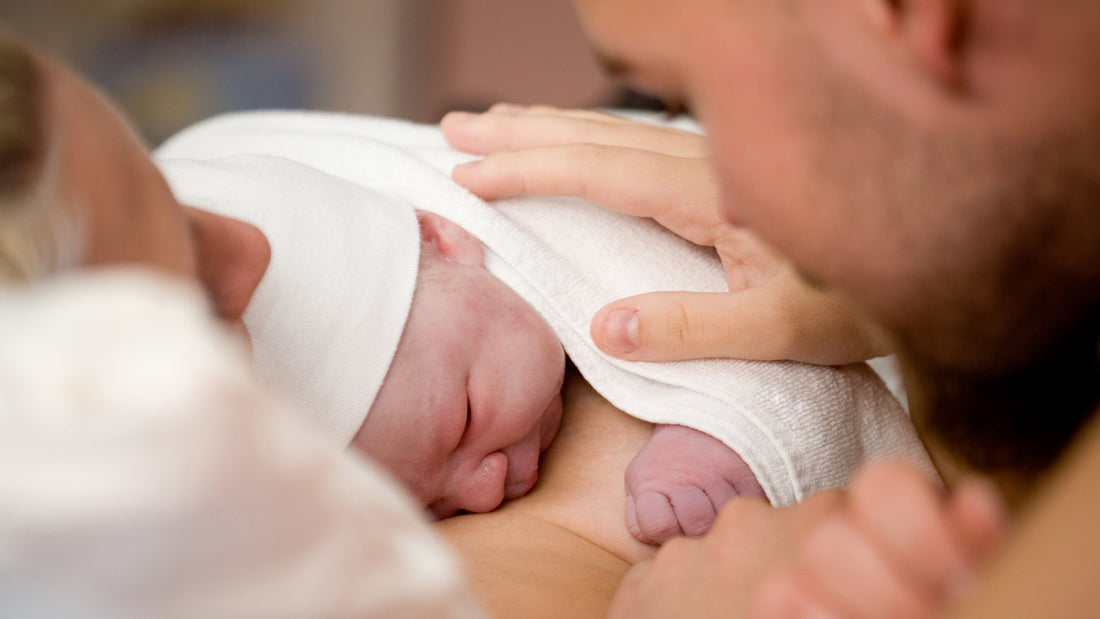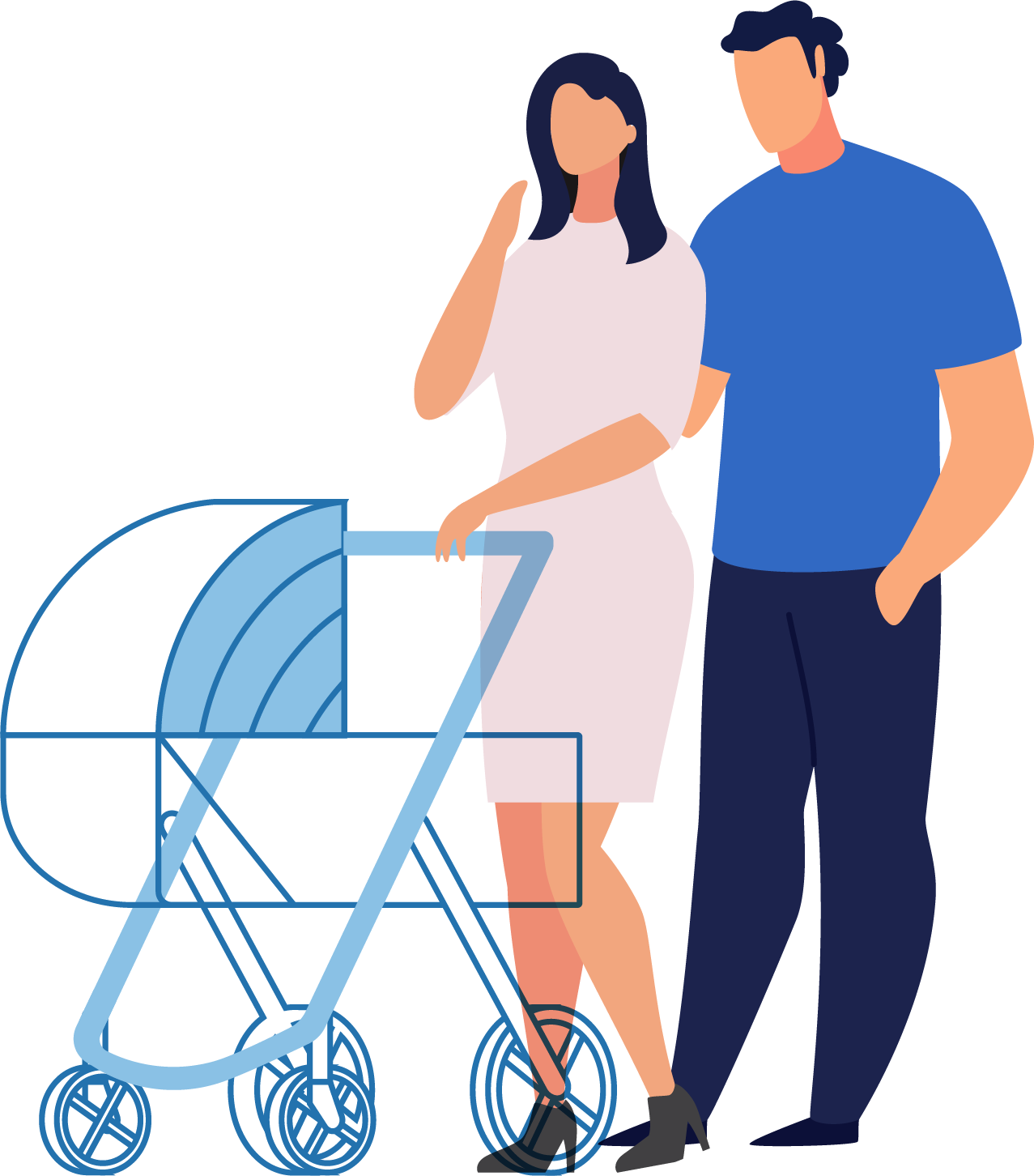Newborn babies can be messy little bundles of vernix, fluid and blood. Doctors, nurses and families used to be all for getting them cleaned up within 2 hours of birth. In fact, many hospitals instruct labor and delivery nurses to bathe new babies as soon as possible after delivery. The early bath serves two purposes - to allow a thorough exam of your newborn and give your OB team time to complete any post delivery care like stitching any tearing, delivering the placenta or managing any post-partum bleeding.
Now we know the bath isn’t as important as we thought. A good wipe down works almost as well for your baby. And putting off the first bath actually increases your odds of breastfeeding success.
When seen from your baby’s point of view, the first bath can be traumatic. You are taken from the familiar smells and sounds of your mother, stripped naked in a cool, bright room and washed by a stranger. In about 45 minutes you are returned to your mother but the smells are different and you are exhausted from the activity.
A 2019 study from The Cleveland Clinic supports holding off on the first bath for at least 12 hours. The research team looked at 996 pairs of healthy mothers and their infants. They compared the number of moms and babies who exclusively breastfed when baths were given at 2 hours or less and after a new policy was put in place delaying the bath 12 hours after delivery.
The results showed the rates of exclusive breastfeeding rose from 59.8 percent to 68.2 percent after implementing the delayed bath practice. Newborns who had their baths delayed were also more likely to go home with a plan for continued exclusive breastfeeding.
The researchers could not give an answer for why delaying baths increase breastfeeding rates, but the doctors have some educated guesses:
Skin-to-skin time is important for babies after birth and in the early hours of life on the outside. Bonding with parents takes time and the interruption of this crucial period could make reconnecting difficult. Keeping mom and baby together in the hospital for on-demand breastfeeding is well documented to get milk supply off to a strong start.
Smell. The similarity in smell between the amniotic fluid and the breast may encourage babies to latch. Research has shown babies finding the nipple by smell only and it’s easy to imagine any changes to a newborn’s environment can cause them confusion.
Body temperature. Newborns are not accustomed to controlling their own body temperature. Coming from the cozy uterus, newborns probably need time to adjust to the variable environment of the outside world. Early baths challenge a newborn to maintain their body temperature, using energy they could be using at the breast to establish a strong milk supply and solid latching technique.
Thankfully, because of this research, all Cleveland Clinic hospitals are moving to adopt this new delayed bath practice. More hospitals should follow as delaying the first path is a simple way to support more moms breastfeeding.

